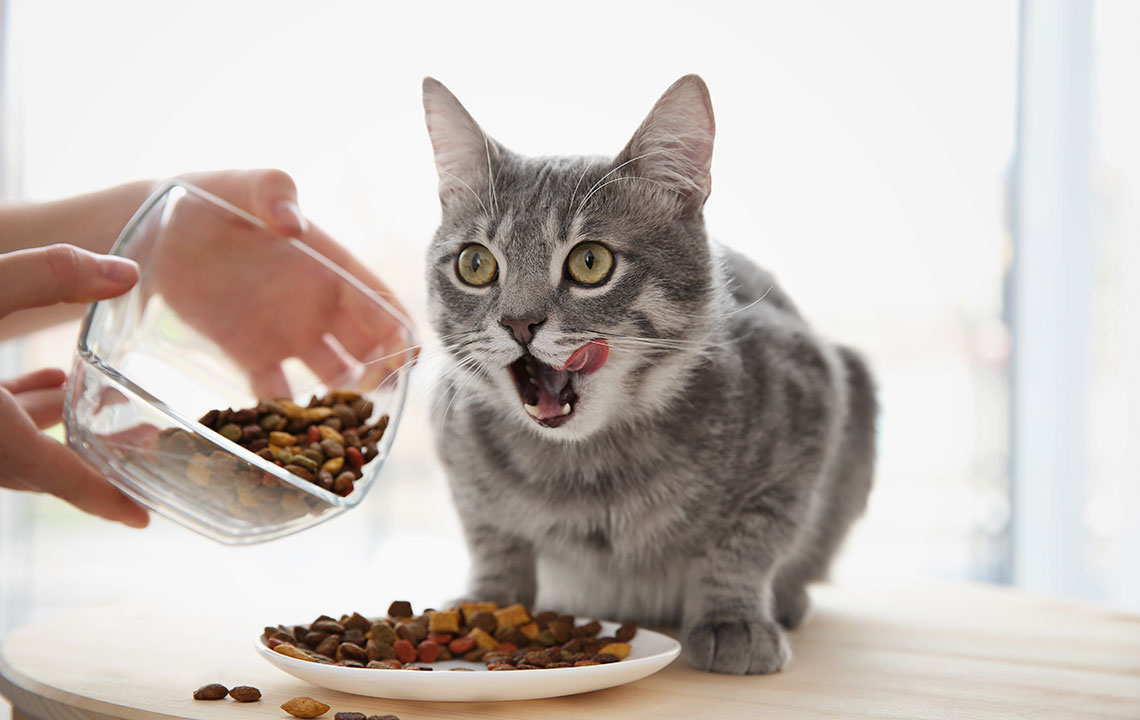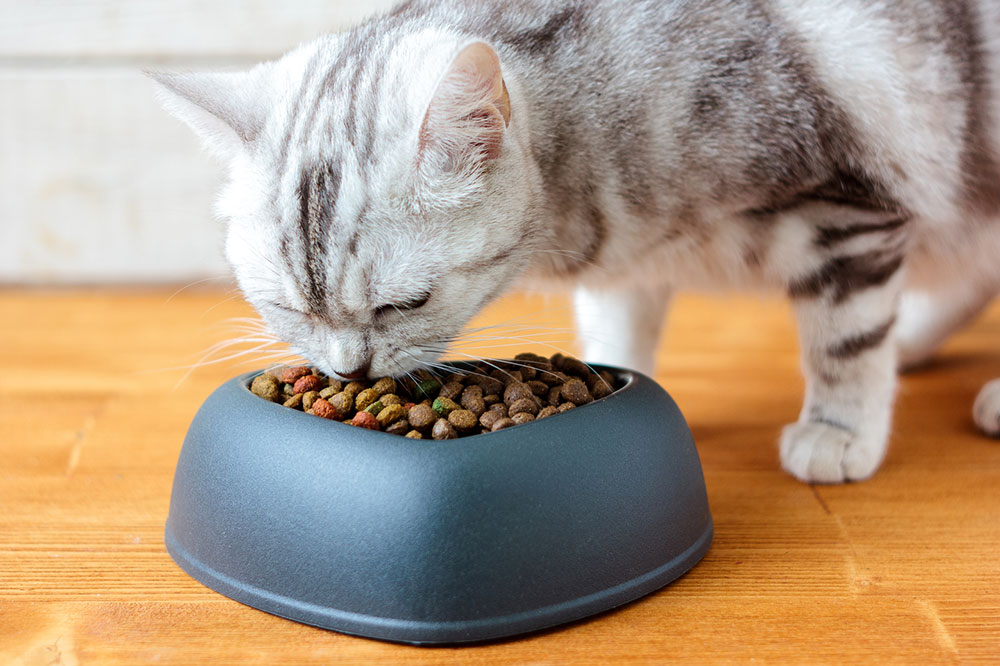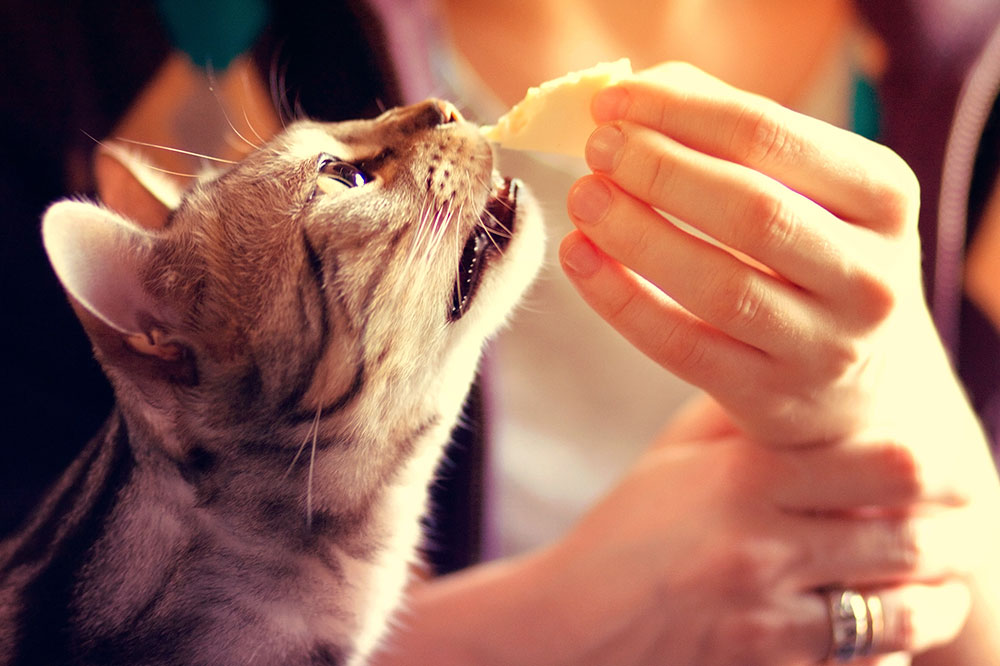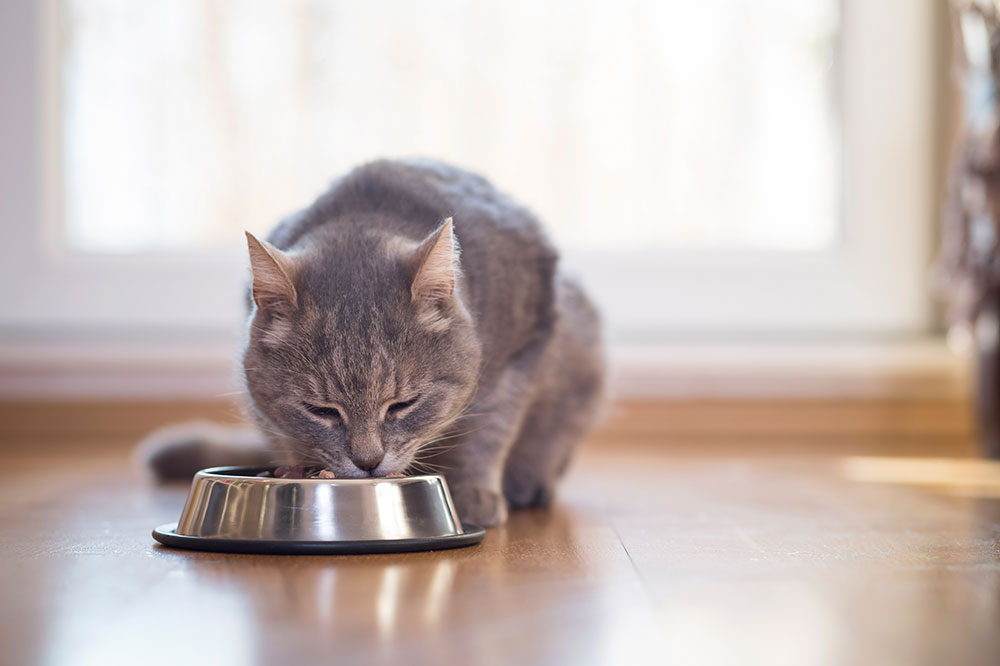Selecting Optimal Diets for Cats with Skin Sensitivities
Discover effective strategies for choosing the best cat food for sensitive skin. Learn key nutrients like omega fatty acids, high-quality proteins, and antioxidants to support skin health. Recognize signs of sensitivity and consult your veterinarian for tailored dietary recommendations to ensure your feline friend's well-being.
Sponsored

Choosing the Ideal Food for Cats Prone to Skin Sensitivity
Many cat owners find joy in seeing their pets vibrant and healthy. Smooth, shiny fur and a gentle stroke bring immense satisfaction. However, some cats may develop sensitive skin, which, if overlooked, can cause discomfort and lead to further health concerns. Skin issues in cats can arise from allergies, hormonal imbalances, genetic factors, infections, or parasites. Exposure to dust, mold, or pollen over time can also contribute to skin problems.
Parasites like mites, fleas, and lice are common culprits behind skin irritation. Hormonal disturbances and bacterial infections further exacerbate these conditions. Feeding your cat a diet formulated for skin sensitivity can provide relief. Here are key factors to consider when choosing the best specialized cat food.
To determine if your cat has sensitive skin, check for signs such as redness, irritation, or flaky patches. Look for red spots, pimples, or darkened areas. Scabs, thickened skin, hair loss, constant scratching, or licking paws are also indicators. If these symptoms appear, take immediate steps.
Recommended Actions
Inspect for parasites
Examine your cat’s coat and skin for fleas, mites, or ticks. Proper treatment is essential to prevent aggravation of skin problems.
Seek veterinary advice
Consulting a vet helps in accurate diagnosis and tailored treatment plans. Underlying issues may be more serious, so professional guidance ensures effective management and suitable food choices.
Significance of Specialized Cat Food for Sensitive Skin
The diet you provide plays a vital role in maintaining both skin health and overall wellness. High-quality foods with targeted ingredients can support skin recovery and reduce sensitivity episodes. Your vet’s recommendations can help identify optimal formulations to support your cat’s needs.
Key Nutrients for Cats with Sensitive Skin
Managing sensitive skin often requires ongoing dietary support. The following nutrients are crucial:
Omega Fatty Acids
Omega-3 and Omega-6 fatty acids, found in fish oil, nourish skin layers, reduce inflammation, and alleviate dryness related to sensitivities.
Proteins
High-quality proteins, such as duck or venison, support skin repair and help prevent allergic reactions, reducing intolerance issues.
Antioxidants and Vitamin E
These bolster the immune system, aiding in the prevention and reduction of skin issues.
Providing a diet rich in these nutrients, under veterinary guidance, can significantly improve your cat’s skin condition and overall health.






